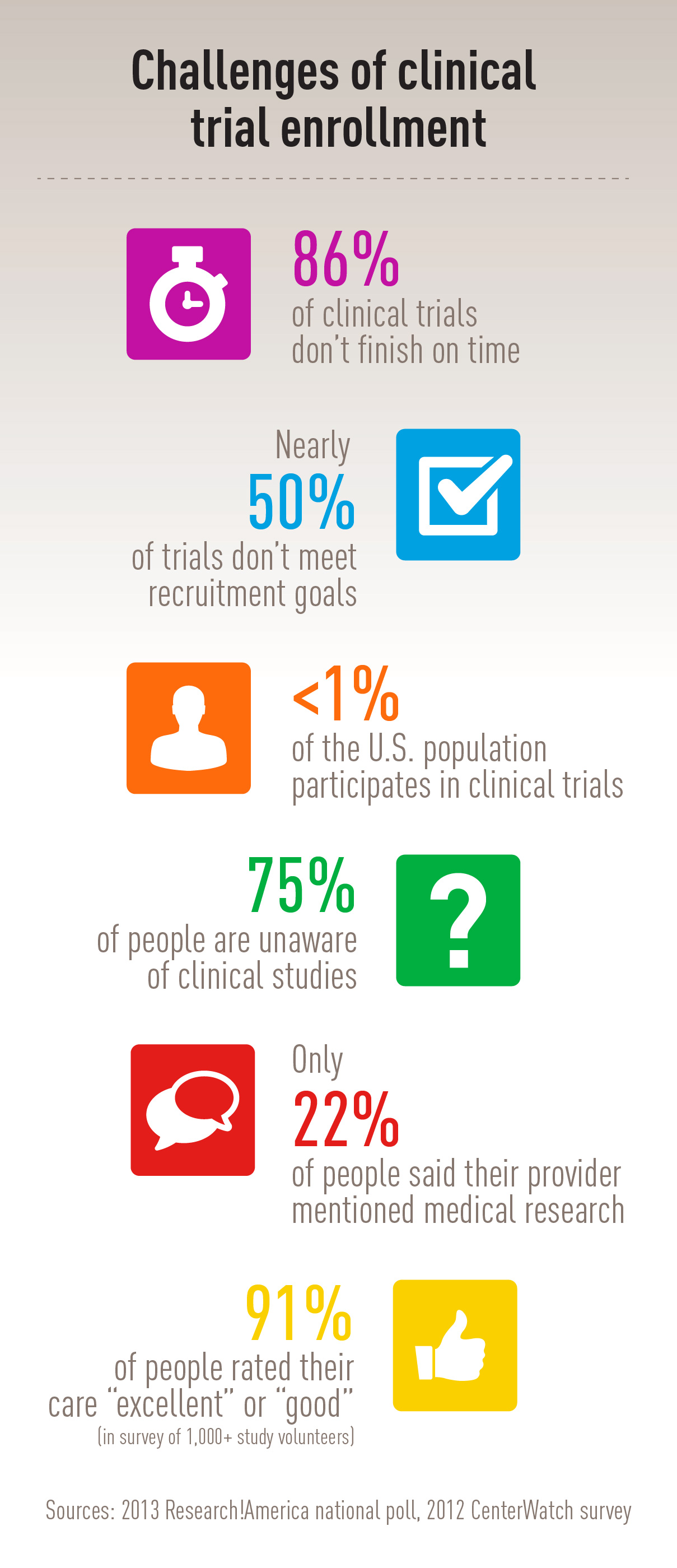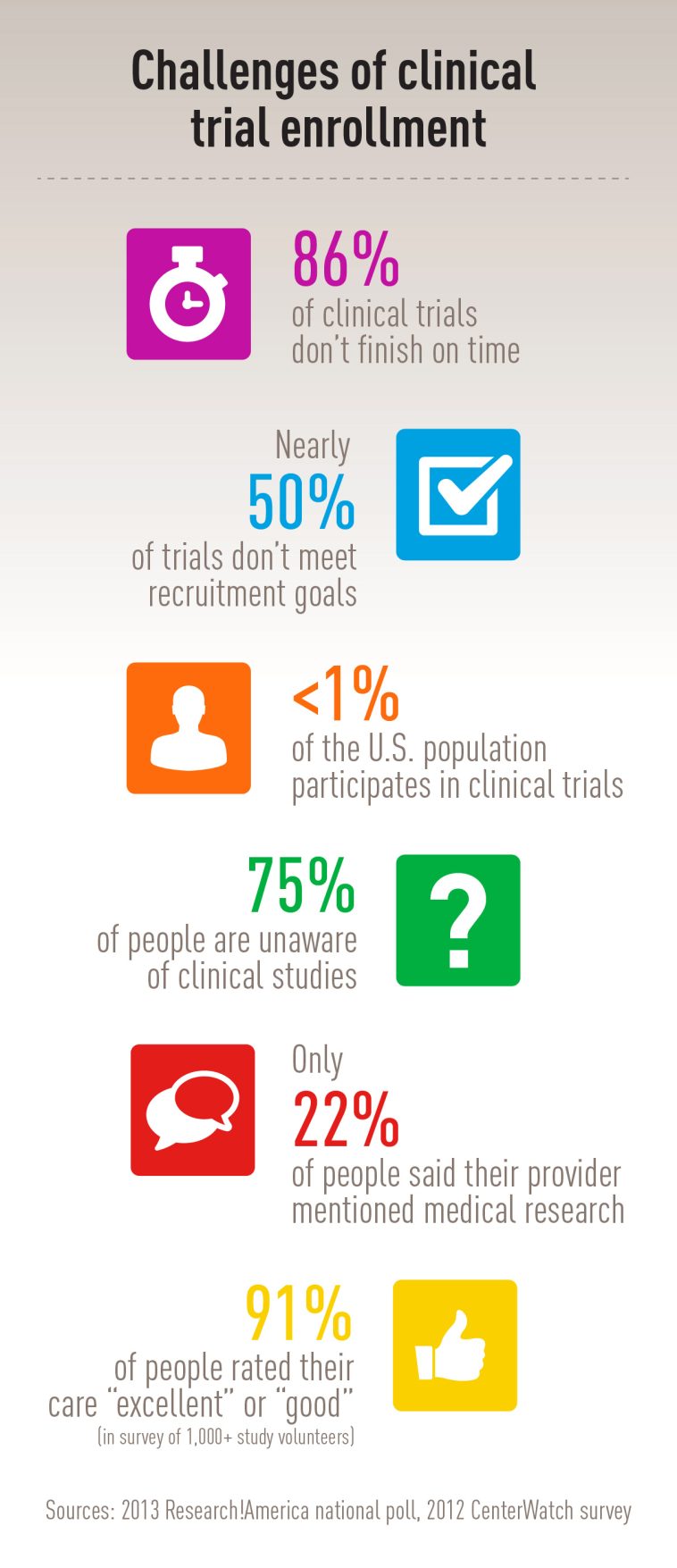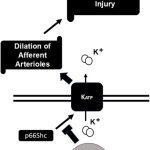
Reimagining Health: A Modern Blend of Medicine, Natural Healing, and Lifestyle Choices
In today’s fast-changing world, our approach to healthcare is evolving rapidly. There is an ever-growing acceptance of both modern medical techniques and alternative, natural healing practices. We are witnessing a shift from simply treating diseases to embracing comprehensive well-being strategies. This transformation, full of both exciting opportunities and some tricky parts, invites us to reexamine our attitudes toward medicine, nutrition, and fitness.
While traditional methods have long been the cornerstone of treating illness, the rise of natural treatments, personalized nutrition, and tailored fitness plans has opened the door to more balanced health management. In this opinion editorial, we invite you to explore the twists and turns of modern healthcare. We will get into the ways technology, natural remedies, and lifestyle changes are interweaving to shape a future that is not only innovative but also empathetic and inclusive.
Modern Medicine and Its Ever-Evolving Techniques
The landscape of modern medicine is one that combines the best of scientific research with technological innovation. Medical breakthroughs and cutting-edge research provide key insights that improve patient outcomes continually. However, the road to these advances is not free of tangled issues and overwhelming demands, both for healthcare professionals and patients alike.
Embracing Scientific Advancements
Modern medicine has seen tremendous progress over the past few decades. With advancements in diagnostic tools such as MRI, PET scans, and genetic testing, the ability to detect and treat diseases early is improving every day. These developments are super important for reducing the burden of chronic diseases and improving the quality of life for many patients.
Furthermore, innovations like telemedicine have made it much easier for patients to connect with their doctors without the need to travel long distances. The introduction of electronic health records has streamlined patient data, allowing for more coordinated care. While these improvements are promising, they also come with their own set of complicated pieces. For instance, ensuring patient data security in our digital age is both a key and nerve-racking challenge.
Challenges in the High-Tech Medical Arena
The incorporation of technology in modern medicine is not without its intimidating hurdles. Some of these include:
- Patient Data Security: The digital storage of health information raises concerns about privacy breaches and cyber-attacks.
- Integration Across Systems: Different healthcare providers often use various technological platforms, which can lead to difficulties in sharing critical information.
- Cost and Accessibility: Advanced technologies can be expensive, making it challenging for underserved populations to benefit from these advancements.
As we figure a path through these challenges, the focus remains on ensuring that technological progress serves its super important purpose: to improve patient care and enhance outcomes in a trustworthy, efficient manner.
Blending Alternative Medicine with Modern Treatments
The reawakening interest in alternative medicine is now seen as a complementary, rather than competing, treatment to modern medical practices. Many individuals are now asking how natural remedies and holistic therapies can work in tandem with conventional treatments to promote overall well-being.
Understanding the Attraction to Natural Healing
The appeal of alternative medicine lies in its focus on treating the whole person, not just the disease. For centuries, alternative treatments—ranging from herbal remedies to acupuncture—have provided those seeking a gentler, more personalized approach to healing with promising results. The benefits of these methods often include fewer side effects and a notable emphasis on the body’s natural ability to heal.
While some critics argue that many natural remedies are anecdotal, there is a growing body of research that suggests certain alternative treatments can be effective when paired with modern medicine. Patients appreciate the chance to incorporate things like meditation, mindfulness, and other gentle practices into their treatment plans. Often, this approach addresses not only physical symptoms but also the mental and emotional strains that come with chronic illnesses.
Integrating Alternative Therapies: How Does It Work?
When it comes to blending alternative medicine with state-of-the-art treatments, there are several key aspects to consider that can help optimize the benefits:
- Complementary Strategies: Utilize alternative therapies, such as acupuncture or yoga, alongside conventional treatment to alleviate side effects and minimize stress.
- Focus on Lifestyle Changes: Encourage practices that nurture both the mind and body through mindfulness exercises, proper sleep, and regular physical activity.
- Patient Empowerment: Give patients the tools to take an active role in their own healing journey through educational workshops, nutritional guidance, and personalized care plans.
By bridging the gap between natural remedies and traditional therapies, patients can enjoy a more holistic approach that addresses the subtle details of their daily lives and health challenges.
Nutritional Insights: The Role of Diet in Holistic Health
Nutrition forms a cornerstone of our overall well-being. In today’s hectic world, food is not just fuel—it is one of the most influential factors in preventing and managing disease. From boosting immunity to improving mental health, the choices we make at our dining tables have a profound impact on our quality of life.
Healthy Eating for Immune Support and Disease Prevention
Eating a balanced diet rich in fruits, vegetables, lean proteins, and whole grains can provide the body with its necessary building blocks to resist infections and illness. With rising concerns over chronic conditions like diabetes, heart disease, and obesity, making sound food choices is more critical than ever.
Some key strategies for using nutrition to maintain health include:
- Incorporate Antioxidants: Foods like berries, nuts, and green leafy vegetables are packed with antioxidants that help fend off free radicals—tiny particles that can cause cell damage.
- Omega-3 Fatty Acids: Found in fish such as salmon and mackerel, omega-3s have been linked to improvements in brain health and a reduction in inflammation.
- Probiotics: These friendly bacteria, available in yogurt and fermented foods, support gut health, which is increasingly recognized as a key player in both physical and mental well-being.
Practical Nutrition Tips for Everyday Life
For many, the idea of revamping their eating habits can seem overwhelming. However, with some preparation and smart planning, it is possible to make subtle yet powerful changes. Here are some practical tips to adopt a healthier diet:
- Meal Planning: Set aside time each week to plan your meals and grocery shopping list. This can help avoid last-minute decisions that tend to lean toward convenience foods.
- Cooking at Home: Prepare meals that use fresh ingredients rather than processed foods. Cooking at home not only ensures control over what goes into your food, but it can also be a fun, creative experience.
- Mindful Eating: Pay attention to what you eat and how it makes you feel. Slowing down to savor your meals can improve digestion and help you recognize when you’re truly hungry or full.
Additionally, maintaining a food diary can be a helpful tool to identify patterns in your eating habits. Over time, this reflective practice supports more informed decisions about future meals and necessary changes.
The Intersection of Fitness and Overall Health
Physical fitness is another critical component in the equation of holistic health. Regular physical activity is known to have numerous benefits, ranging from improved cardiovascular health to reduced stress. However, the challenge of incorporating exercise into a busy schedule can sometimes feel off-putting.
Building a Personalized Fitness Routine
Every individual is different, and what works for one person might not suit another. When it comes to designing a workout plan, the key is to find activities that you enjoy while also providing a good balance between strength training, flexibility, and cardiovascular health.
Here are a few pointers for crafting an exercise regimen that fits your lifestyle:
- Start Slow: Rather than jumping headfirst into an intense routine, begin with manageable activities like brisk walking, yoga, or cycling.
- Diversify Your Workouts: Incorporate a mix of cardio, strength training, and flexibility exercises. This variety helps target different muscle groups and prevents workout monotony.
- Listen to Your Body: Overexertion can lead to injury. Always be mindful of physical limits and adjust your routine accordingly.
- Stay Consistent: Regularity is key—short, daily sessions can often yield better results than sporadic, lengthy sessions.
A balanced exercise routine not only helps boost physical health but also improves mental clarity and reduces stress. In our fast-paced world, finding a few moments each day to move our bodies can be a powerful tool in combating the tension that builds up from daily responsibilities.
Creative Strategies to Stay Active
For many, traditional exercise methods might seem a bit intimidating. However, there are numerous ways to incorporate physical activity into your daily routine without feeling overwhelmed. Consider these creative strategies:
- Active Transportation: Instead of driving for short distances, try walking or cycling. This small change can significantly contribute to overall activity levels.
- Family or Group Activities: Engage in sports or outdoor games with loved ones. Not only does this promote fitness, but it also builds social connections.
- Short Exercise Bursts: Use intervals or short breaks during work to engage in stretching or a few minutes of cardio. These micro-workouts can add up over time.
- Tech Integration: Nowadays, apps and wearable devices can track your progress and send encouragement along the way, making fitness a fun and gamified pursuit.
These strategies show that maintaining a healthy lifestyle doesn’t always require heavy gym sessions or extended periods of exercise. Small, consistent actions can create a lasting impact on overall fitness.
Stress Management: The Missing Link in Comprehensive Health
One aspect of health that often does not receive sufficient attention is stress management. High levels of constant stress contribute to a wide array of health issues, including heart disease, obesity, and a host of mental health disorders. Therefore, developing effective ways to cope with stress is super important for achieving holistic health.
Simple Practices to Ease Daily Tension
Integrating stress management techniques into your daily routine can help alleviate the nerve-racking aspects of modern life and promote a more balanced state of mind. Some effective approaches include:
- Meditation and Mindfulness: Regular meditation can help reduce anxiety and improve emotional resilience.
- Deep Breathing Exercises: Simple breathing techniques can calm the mind and bring clarity during busy or stressful moments.
- Physical Activity: As mentioned earlier, exercise is a great way to reduce stress. It releases endorphins that naturally improve mood and reduce anxiety.
- Healthy Social Interactions: Connecting with family, friends, or support groups can provide the emotional backing needed to get through tough times.
These simple yet effective tactics help lessen the overwhelming pressures of daily life. Recognizing the importance of mental well-being is as crucial as managing physical health, and both must be given ample attention.
A Look at Holistic Approaches to Mental Well-being
Mental health and physical health are deeply intertwined. As research continues to underscore the connection between the body and the mind, more care is being taken to address mental concerns through both modern and alternative therapies. Methods such as art therapy, counseling, and even nutritional adjustments can make the subtle difference needed to maintain mental equilibrium.
Below is a table summarizing several methods to promote mental well-being alongside their potential benefits:
| Method | Potential Benefits |
|---|---|
| Meditation | Reduces stress, enhances focus, improves mood |
| Counseling | Provides emotional support, aids in coping with anxiety |
| Art Therapy | Encourages creative expression, reduces stress |
| Physical Exercise | Enhances mood, releases endorphins, reduces anxiety |
| Nutritional Adjustments | Supports brain health through essential nutrients |
Approaches like these emphasize that addressing mental health is a multifaceted process. Whether you choose modern counseling services or alternative healing methods, finding what works best for you can make a world of difference.
Integrating Multiple Aspects of Health for a Balanced Life
With so many diverse elements contributing to overall health, understanding how to integrate them can sometimes feel like working through a maze. Yet, the secret is to appreciate that every little twist and subtle detail counts. Whether it’s modern medicine, natural healing practices, a nutritious diet, a physical workout, or even stress reduction, each aspect has a role in shaping well-being.
The true art of healthcare lies in the combination of these multiple elements into a coherent strategy that supports an individual’s unique needs. Here are some actionable ideas to bring this integration to life:
- Personalized Health Plans: Work with healthcare providers to create tailored plans that blend modern treatments with alternative practices. Such plans might include prescription medications alongside stress management strategies and nutritional guidance.
- Community-Focused Programs: Engage in local wellness initiatives such as group exercise classes, community gardens, or peer support groups. These initiatives can provide a supportive network that emphasizes both physical and mental health.
- Self-Education: Arm yourself with knowledge about your health. From understanding the benefits of vitamins and supplements to studying the effectiveness of traditional therapies, a well-informed patient is always a step ahead.
- Regular Check-ups: Routine visits to your healthcare provider combined with periodic screenings can help catch minor issues before they evolve into major concerns. This proactive approach can reduce the nerve-racking complications later on.
By adopting such a comprehensive outlook, individuals can work on finding their path towards a healthier, more vibrant life—one that is not solely reliant on any single medical system but is a balanced blend of multiple wellness practices.
Looking Ahead: Opportunities and Challenges in Future Healthcare
As we continue to build on the strengths of both modern and alternative medical practices, it’s important to acknowledge that the future of healthcare is both promising and tricky. The ongoing integration of digital technologies, genetic research, and personalized medicine offers exciting possibilities. At the same time, challenges such as data privacy, system integration, and accessible care for all remain on the horizon.
Future Innovations in Healthcare Technology
Looking forward, several innovations are poised to revolutionize how we manage our health. Consider these upcoming trends:
- Personalized Medicine: Advances in genomics and data analytics will allow treatments to be tailored to individual genetic profiles. These personalized treatments can lead to more effective therapies with fewer side effects.
- Artificial Intelligence and Diagnostics: AI-powered systems are already being used to analyze medical images and predict health risks. As these systems improve, they will provide doctors with super important insights that can help in early disease detection and customized treatment strategies.
- Remote Monitoring Devices: Wearable devices and home monitoring systems are becoming more advanced, allowing continuous tracking of vital signs. This real-time feedback can be a game changer for chronic disease management.
- Telehealth Expansion: Remote healthcare services will continue to evolve and expand, offering more accessible care options for individuals in remote or underserved areas.
Though these advances are promising, it is important to acknowledge that each breakthrough comes with its own set of challenging bits. Issues related to the cost of these technologies, the ethical handling of sensitive data, and ensuring equitable access remain areas that will need careful consideration as the healthcare landscape continues to shift.
Holistic Health: An Integrative Future
The future of healthcare should not be viewed as a choice between modern medicine and alternative therapies but as a collaborative opportunity. The dialogue between these two worlds is essential for developing well-rounded, inclusive approaches that address the highly interconnected needs of society.
As we take a closer look at health trends emerging from around the world, it is clear that many cultures have long embraced a more holistic understanding of well-being—one that incorporates not only the physical aspects but also mental, emotional, and even social wellbeing. This age-old wisdom is now being validated by modern scientific research, providing a richer foundation for the next generation of healthcare solutions.
Key Takeaways for a Healthier Future
After exploring the multifaceted aspects of modern medicine, alternative healing, nutrition, fitness, and stress management, several key themes emerge that are worth emphasizing:
- Integrated Approach: A balanced lifestyle that incorporates modern medical treatments, natural therapies, nutritious eating, regular exercise, and mindful stress management is most likely to yield optimal health benefits.
- Self-Empowerment: Whether through personalized health plans or community-based wellness programs, taking the initiative in managing your health is crucial.
- Technological Advancements: Advances in technology and personalized medicine are revolutionizing healthcare but require careful management and ethical considerations to fully benefit society.
- Collaboration is Key: Bridging traditional and alternative approaches creates a powerful synergy—one that can lead to innovative, patient-centered care.
For anyone navigating the tricky parts of today’s healthcare environment, these takeaways offer both reassurance and actionable insights. Whether you are a patient, a caregiver, or a healthcare professional, understanding that health is a dynamic interplay of multiple elements is a stepping stone toward building a resilient, informed, and more compassionate system of care.
Conclusion: Embracing a Holistic Vision for Health
Our journey through modern medicine’s high-tech realm, the timeless wisdom of alternative healing, the constructive role of good nutrition, the undeniable benefits of physical fitness, and practical stress management techniques paints a vivid picture of a healthcare field in evolution. The challenges we face—be it in securing patient data, ensuring system integration, or making physical and mental care accessible—are real, yet they are opportunities to innovate and improve.
This editorial is a call to embrace a more integrated, balanced, and patient-focused outlook on health. As we continue to piece together the puzzle of well-being, drawing on both age-old practices and forward-looking technologies, we can build an environment where every individual finds the support they need to thrive.
The conversation around healthcare is as complex as it is exciting, filled with both nerve-racking challenges and inspiring breakthroughs. By combining the strengths of various disciplines—whether that means taking a closer look at cutting-edge medical research or poking around the depths of natural therapies—we are crafting a future that is as inclusive as it is innovative.
In this interconnected world, finding your way to improved health might seem overwhelming at times. However, with proactive strategies, empowerment through knowledge, and a commitment to embracing both modern and traditional wisdom, we can all contribute to a system that is robust, compassionate, and adaptable to the needs of tomorrow.
Ultimately, health is a lifelong journey, and the best paths forward often emerge when we build bridges between diverse fields of knowledge. By integrating modern medicine with alternative approaches, bolstering our habits with nutritious foods, engaging in consistent fitness routines, and employing effective stress management techniques, we can forge a future where holistic well-being is no longer an elusive ideal but a reality accessible to all.
As you continue reading more for you and exploring ways to enrich your own health, remember that every small decision—every meal, every walk, every moment of mindfulness—adds up to a healthier, happier life. The dialogue between innovation and tradition is ongoing, and your role in it is both important and impactful.
So, let us step confidently into this future, embracing every twist and turn, no matter how intimidating they may seem at first. Together, we can build a healthcare system that supports each of us in every aspect of our beings, paving the way for generations of well-informed, empowered, and resilient individuals.
Read more about this topic at
Bookfinity | Discover Personalized Book Recommendations
Reading suggestions


